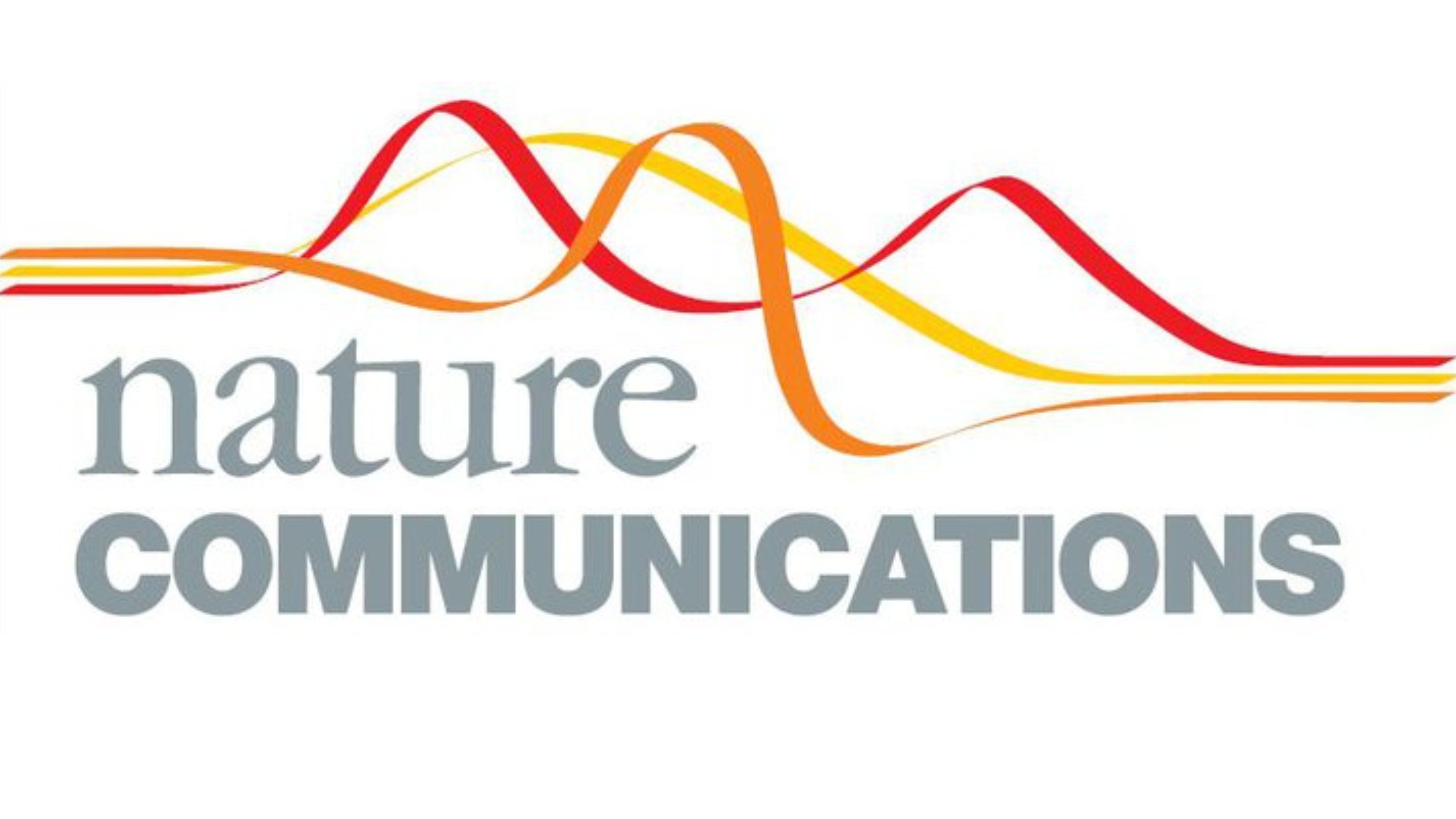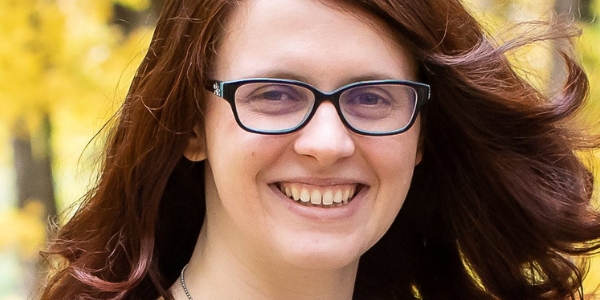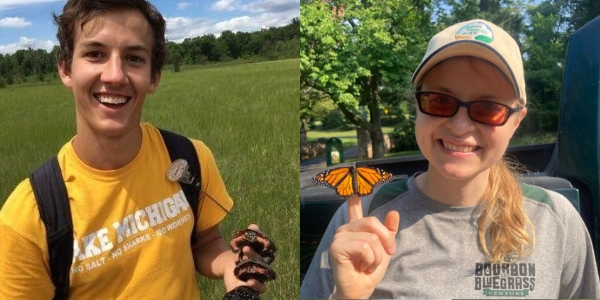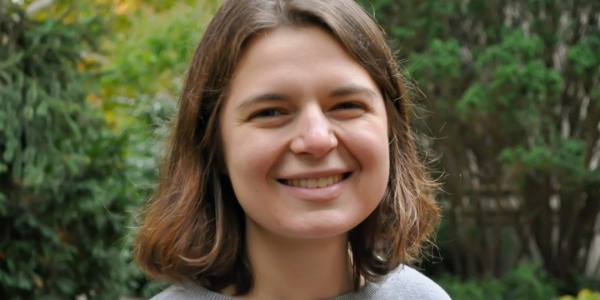New study reveals persistence in learner-centered teaching approach
Teaching professional development (PD) programs have proliferated during the past few decades, with the goal of facilitating measurable change in STEM higher education. As national reports continue to advocate the need for transforming teaching and learning in the sciences from instructor- to learner-centered the need to train instructors is essential.
However, it is currently not known if such outcomes are achieved and ultimately persist. Given the substantial investment in time and resources that these PD programs represent, it is critical that their longitudinal impact on instructional practices and additional program outcomes is assessed.
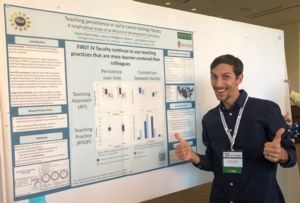
To address this knowledge gap, MSU plant biology research associate Nate Emery and colleagues recently published a study in the journal Science Advances to determine how successful these learner-centered practices were. This new study builds on previous research on effective professional development design.
Faculty Institutes for Reforming Science Teaching, or FIRST IV, was an NSF-funded program developed by MSU University Distinguished Professor of plant biology, Diane Ebert-May, who used the initiative to train 201 biology postdoctoral scholars in learner-centered teaching approaches and practices.
"From 2009-2013, FIRST IV postdoc participants selected from institutions nationwide engaged in a two-year teaching professional development program based on learning theory and scientific teaching that is, teaching science as it is practiced using tested pedagogies, and learning science concepts by using science practices," explained Ebert-May, a professor in the Department of Plant Biology and Ecology, Evolution, and Behavior Program, and principal investigator on the project. "As teams, the postdocs developed learner-centered teaching practices, designed an entire course using those principles, and taught the courses during the academic year following the first and second summer workshops at their respective institutions."
"While FIRST IV demonstrated evidence of developing learner-centered instructors at the conclusion of the program, we knew little of how these teaching practices were maintained when alumni became faculty and were exposed to new policies, responsibilities, and departmental climates in their home departments," Emery said. "In this study, the participants had moved on to a variety of institution types from top research universities with R1 status to community colleges and we sought evidence of long-lasting change in how these faculty teach, and how they compare to their peers."
Read more at MSU Today.
